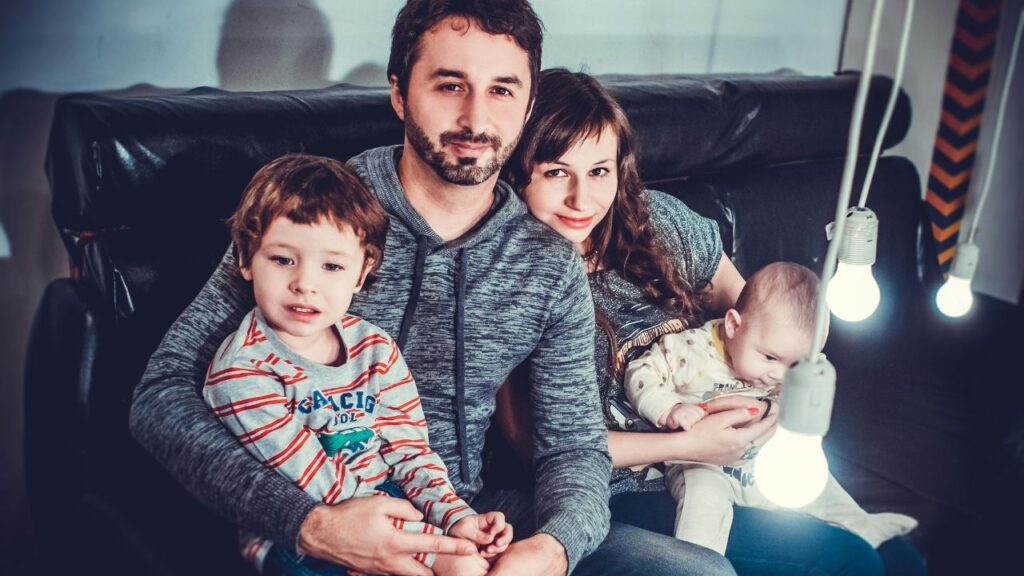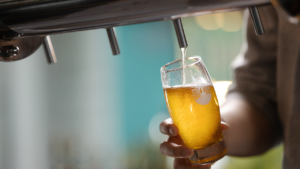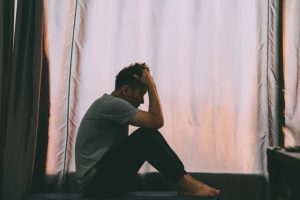When someone enters addiction treatment, they begin a journey of healing and recovery. What many people don’t realize is that addiction affects the entire family system, and families need their own healing process. Family members often experience stress, confusion, grief, and a range of other challenging emotions when supporting a loved one through addiction treatment.
How Addiction Impacts the Family System
Addiction functions as a family disease, creating ripple effects that touch everyone connected to the person struggling with substance use. Family members frequently adopt roles and behaviors in response to addiction that, while intended to help, may inadvertently enable continued substance use or create unhealthy family dynamics.
Parents, spouses, children, and siblings often experience their own trauma related to their loved one’s addiction. They may struggle with trust issues, financial strain, emotional exhaustion, and uncertainty about how to provide support without enabling harmful behaviors.
Family Therapy During Treatment
Many Ohio treatment centers, including The Bluffs, offer family therapy as an integral component of the rehabilitation process. Family therapy provides a structured environment where family members can:
Address misunderstandings and heal relationship wounds under professional guidance Learn about addiction as a disease, reducing blame and shame Develop healthier communication patterns Establish appropriate boundaries that support recovery Rebuild trust damaged during active addiction
These therapeutic sessions help families understand how their dynamics may have unintentionally contributed to the addiction cycle and provide practical strategies for creating a home environment that supports recovery.
Educational Resources for Families
Knowledge serves as a powerful tool for families navigating addiction treatment. Educational resources help family members understand the nature of addiction, the recovery process, and their role in supporting long-term sobriety.
Many Ohio treatment centers offer family education programs that cover topics such as:
The science of addiction and how it affects the brain The recovery process and typical challenges Recognizing enabling behaviors and developing healthier alternatives Understanding co-occurring mental health conditions Strategies for supporting recovery while maintaining personal wellbeing
These educational programs demystify addiction and provide families with the information they need to support their loved one effectively.

Support Groups for Family Members
Family members need their own support network of people who understand their experiences. Several organizations in Ohio provide valuable support groups specifically for families affected by addiction:
Al-Anon and Nar-Anon groups meet throughout Ohio, offering support for families of people with alcohol or drug addiction. These 12-step programs help family members focus on their own healing, regardless of whether their loved one seeks treatment.
SMART Recovery Family & Friends provides an alternative to 12-step approaches, offering science-based support meetings that teach practical skills for supporting a loved one without sacrificing personal wellbeing.
Parents of Addicted Loved Ones (PAL) groups focus specifically on the unique challenges parents face when adult children struggle with addiction.
Ohio’s Addiction Services network maintains family support groups across the state, often connected to local mental health and addiction boards.
These groups provide a space where family members can share their experiences, gain perspective, and learn from others who have walked similar paths.
Supporting Recovery While Maintaining Boundaries
Families often struggle to find the balance between supporting their loved one’s recovery and establishing healthy boundaries. Some helpful guidelines include:
Express love and support for the person while being clear about which behaviors you cannot accept Focus on trust-building through consistent actions rather than promises Recognize the difference between helpful support and enabling behaviors Celebrate recovery milestones while understanding that recovery is a long-term process Prepare for potential setbacks with compassion rather than judgment
Treatment professionals can help families navigate these complex dynamics and develop boundaries that support both the recovering individual and the family’s wellbeing.
Communication Guidelines During Treatment
Effective communication forms the foundation of family healing during addiction treatment. Some helpful guidelines include:
Practice active listening without immediately offering solutions Use “I” statements to express feelings without blame Address specific behaviors rather than making character judgments Acknowledge progress and positive changes Create space for honest dialogue about difficult emotions Respect the treatment facility’s communication policies, which are designed to support the recovery process
These communication strategies help reduce conflict and create an atmosphere of mutual respect and understanding.
Self-Care Strategies for Family Members
Supporting a loved one through addiction treatment can be emotionally taxing. Family members must attend to their own wellbeing through consistent self-care practices such as:
Maintaining personal interests and activities outside of their support role Setting aside time for rest and restoration Connecting with supportive friends and community Seeking individual therapy to address personal trauma or stress Practicing stress-reduction techniques like meditation, exercise, or journaling Joining support groups where they can freely express their experiences
When family members prioritize their own health, they become better equipped to provide sustainable support to their loved one in recovery.
Ohio-Specific Family Resources
Ohio offers several resources specifically for families affected by addiction:
The Ohio Department of Mental Health and Addiction Services provides family support services through local boards across the state.
Ohio’s Recovery Housing network offers information for families about supported living environments for their loved ones after treatment.
Ohio’s 988 Crisis and Support Line connects families to emergency support and local resources when immediate help is needed.
The Ohio Family Recovery Network coordinates family education and services throughout the state’s treatment system.
These Ohio-specific resources provide local support tailored to the needs of families in the state.
Preparing for a Loved One’s Return from Treatment
The transition from treatment back to home life requires preparation and planning. Families can support this transition by:
Creating a home environment free from substances and triggers Establishing clear household expectations and boundaries Developing a shared understanding of what support looks like Identifying local recovery resources such as meetings and outpatient care Planning how to handle social situations and family gatherings Building in regular family check-ins to address concerns before they escalate
Treatment centers like The Bluffs work with families to develop these transition plans, ensuring everyone understands their role in supporting continued recovery.
Family Support at The Bluffs
At The Bluffs, we recognize that family involvement significantly improves treatment outcomes. Our comprehensive family program includes family therapy sessions, educational workshops, and guidance for establishing a supportive home environment.
We view families as essential partners in the recovery process. Our treatment team works closely with family members to help them understand addiction, develop healthy communication patterns, and learn effective ways to support their loved one’s recovery journey.
Our family support doesn’t end when treatment concludes. We provide ongoing resources and guidance to help families navigate the challenges and celebrate the victories that come with long-term recovery.
Begin Healing Together Today
Recovery is a family journey that transforms relationships and creates opportunities for deeper connection and understanding. If your family is affected by addiction, know that support is available for every member of your family system.
Contact The Bluffs today to learn more about our family support programs and how we can help your entire family heal from the effects of addiction. Together, we can build a foundation for lasting recovery and family wellbeing.








